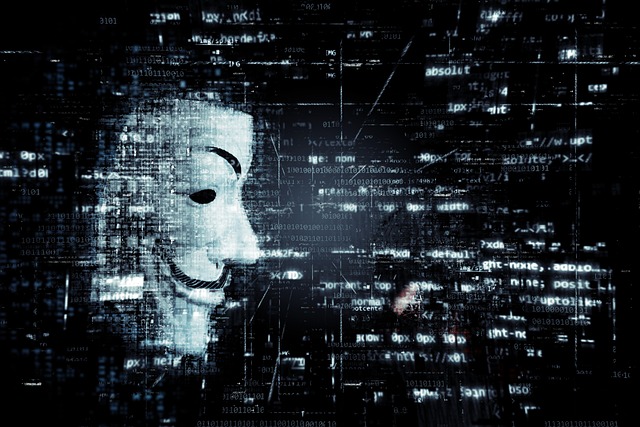In today’s interconnected world, our digital identity has become a crucial part of who we are, representing not just our online presence, but also the way we interact with society. Social media has emerged as a powerful platform that shapes and influences our digital identities in ways we are often unaware of. Every post, tweet, photo, and status update we share contributes to a vast tapestry of our online persona, creating a narrative that can be both empowering and risky.
Consider how social media impacts your digital identity. It’s not merely about sharing moments or opinions; it’s about crafting an image that resonates with others. For many, platforms like Instagram, Twitter, and Facebook allow individuals to express their thoughts and creativity, fostering a sense of community and belonging. However, with this power comes responsibility. The perceptions we create can cloud our real-life interactions, leading to a disconnect between our online and offline selves.
The influence of social media on digital identity extends beyond personal expression; it affects our professional lives as well. Employers often scout potential candidates’ social media profiles, and the digital footprints we leave can significantly impact career opportunities. A carefully curated online persona might open doors, while a careless tweet could shut them just as swiftly. This duality highlights the importance of being mindful in our online interactions, ensuring that our social media presence aligns with the identity we wish to project.
Moreover, the dynamics of social media can lead to challenges in self-perception, especially among younger generations. The incessant comparison to seemingly perfect lives presented online can create a distorted sense of identity, often resulting in feelings of inadequacy or anxiety. In contrast, the supporters advocating for authenticity remind us that our digital identity should reflect our true selves and not just a façade designed to gain likes or followers.
As we navigate the complexities of our digital identity in the age of social media, it is essential to reflect on the narratives we wish to tell. While engaging with others online, we can choose to foster positivity and authenticity, ultimately enriching our communal experience. Engaging meaningfully with the platforms we use not only enhances our personal identities but also contributes to a healthier online ecosystem.
In summary, the impact of social media on our digital identity is profound and multifaceted. It holds the potential to bring us closer together or further apart, depending on how we engage with these platforms. As we continue to explore the digital landscapes that shape our identities, let’s do so with intention, embracing the power of social media to elevate our connections rather than diminish them.




